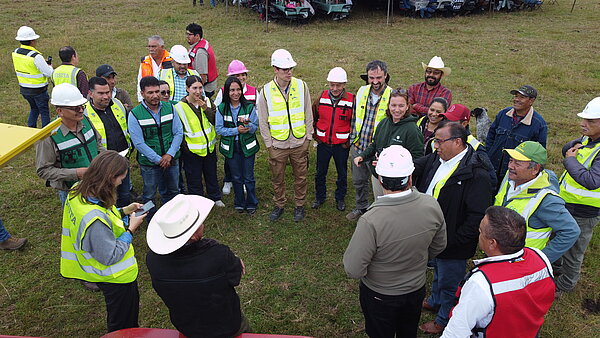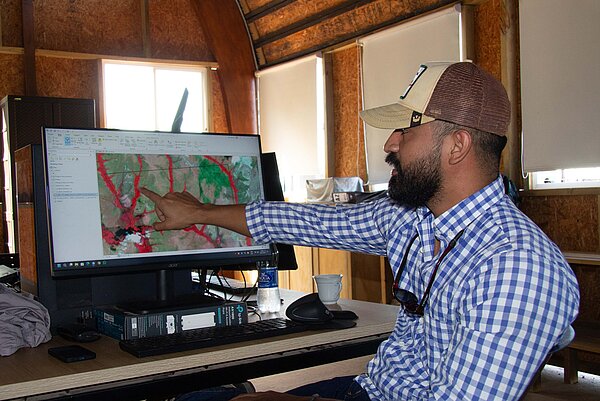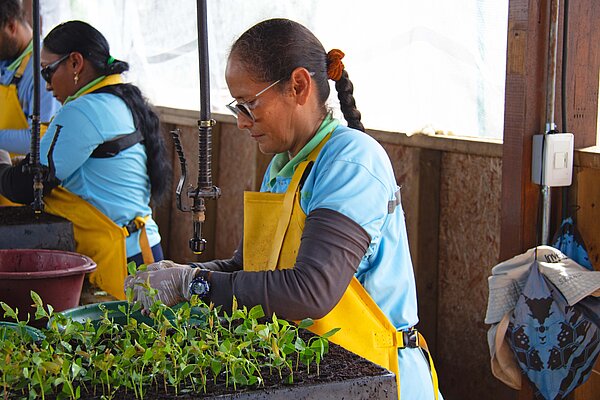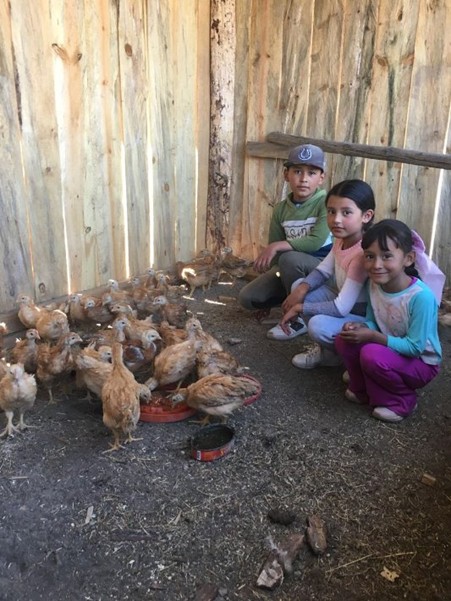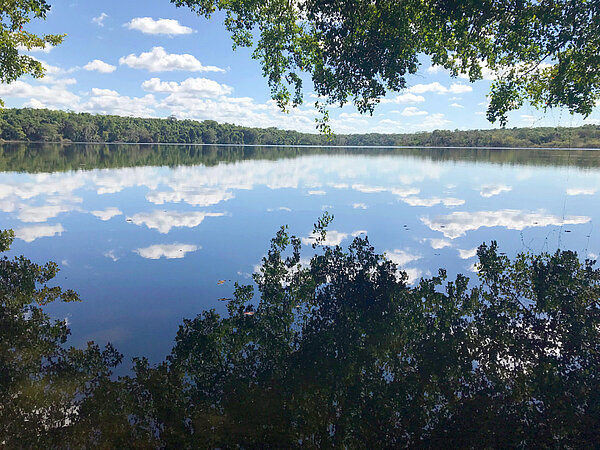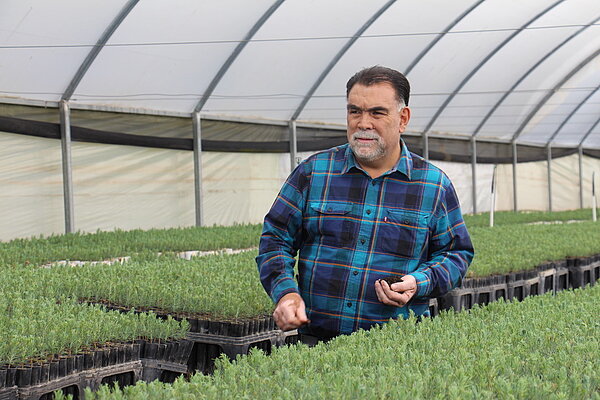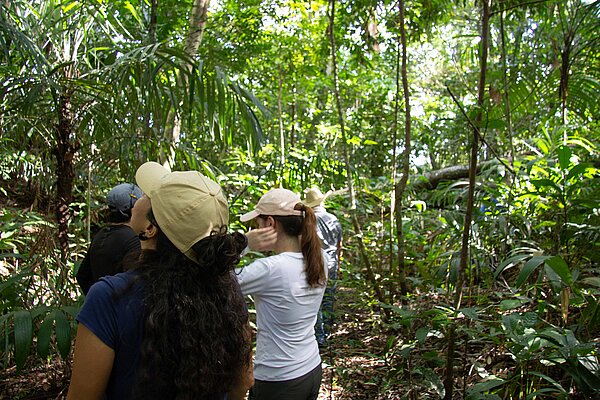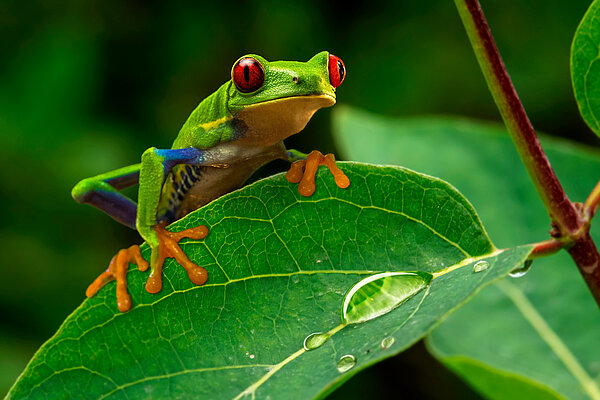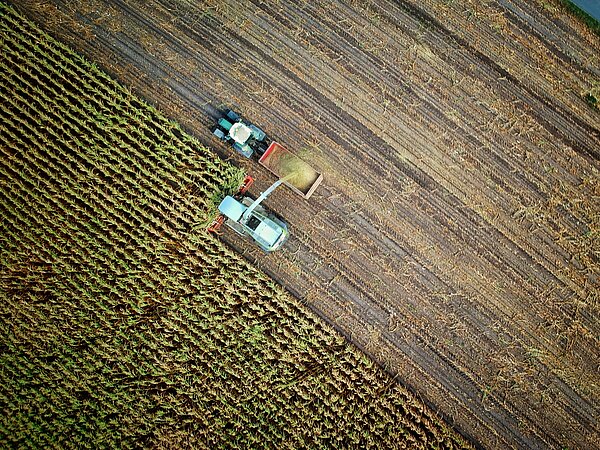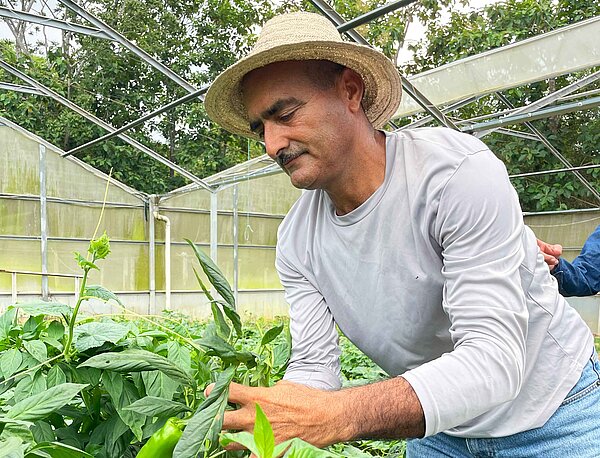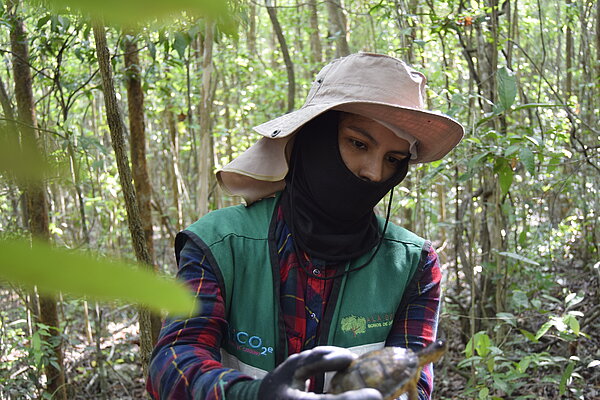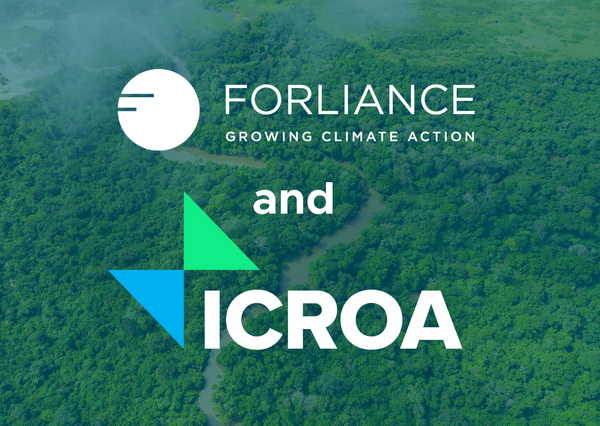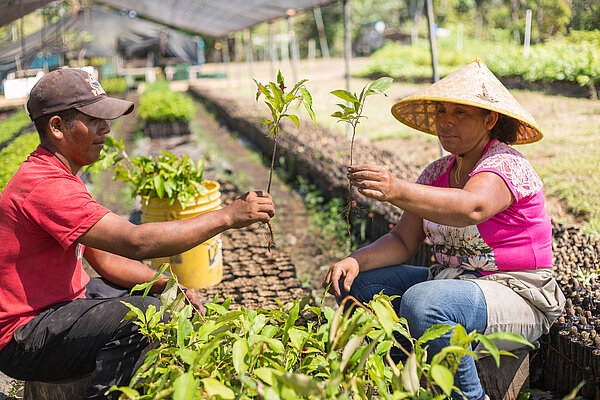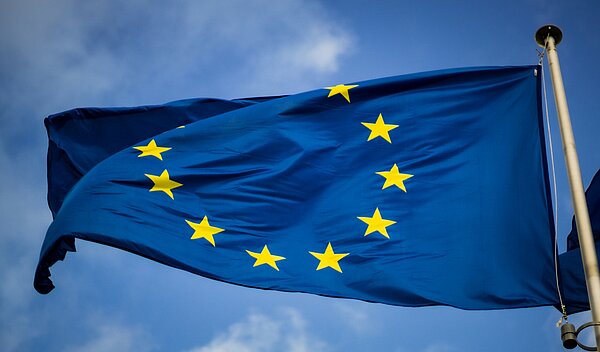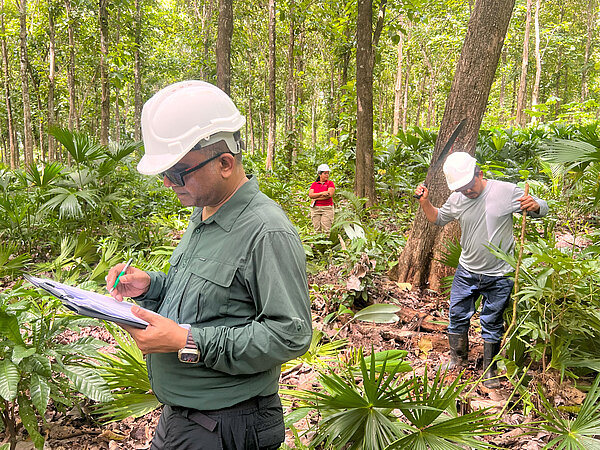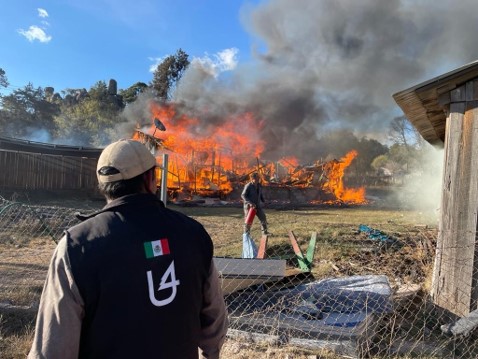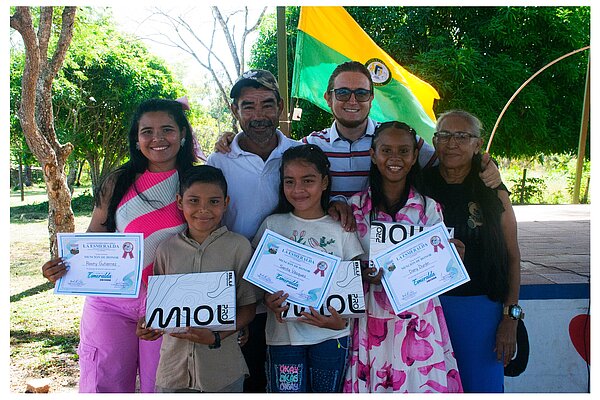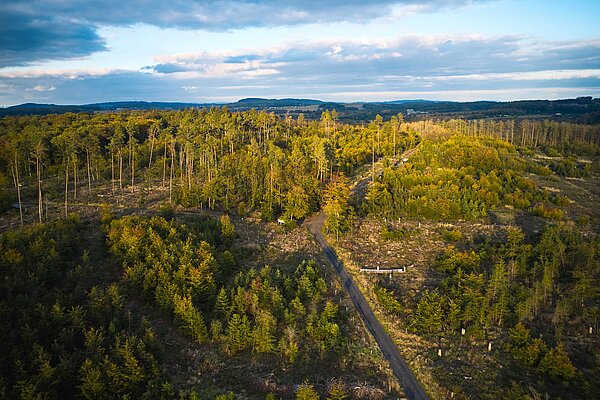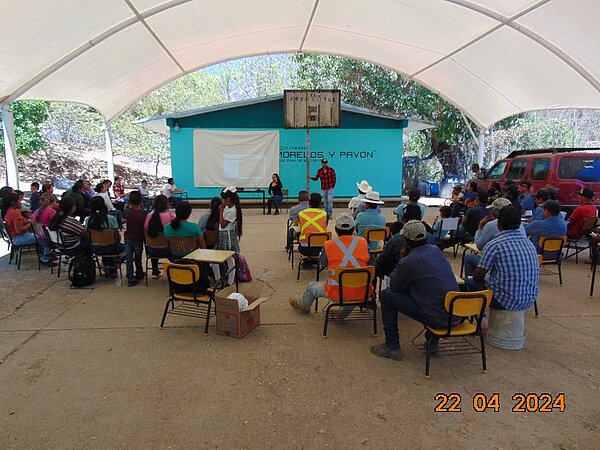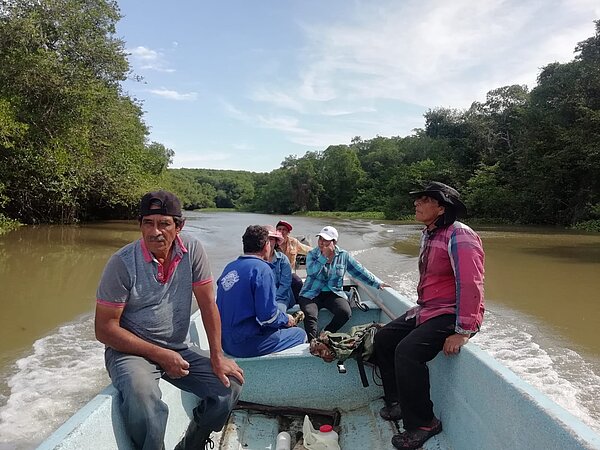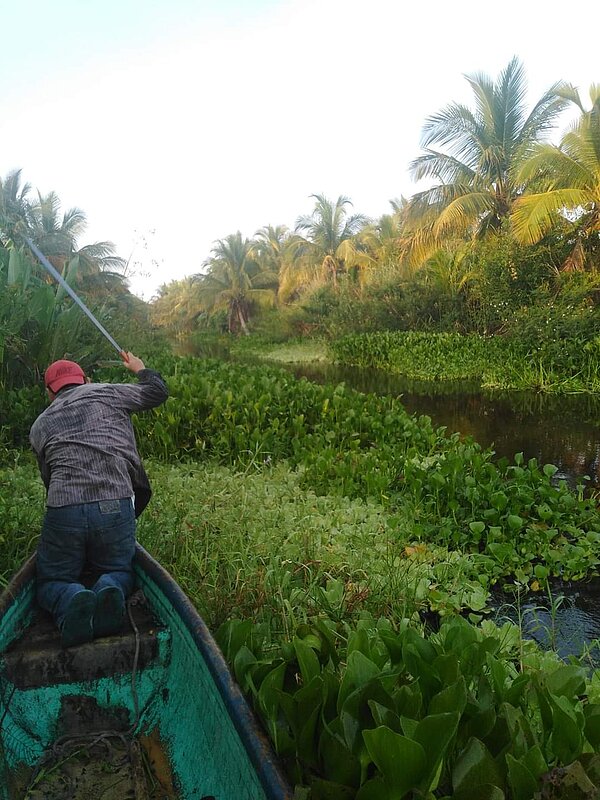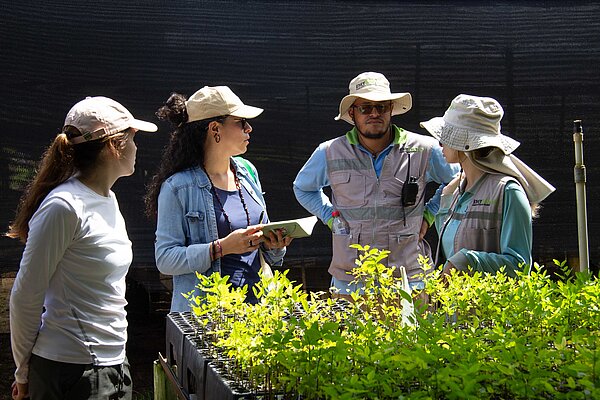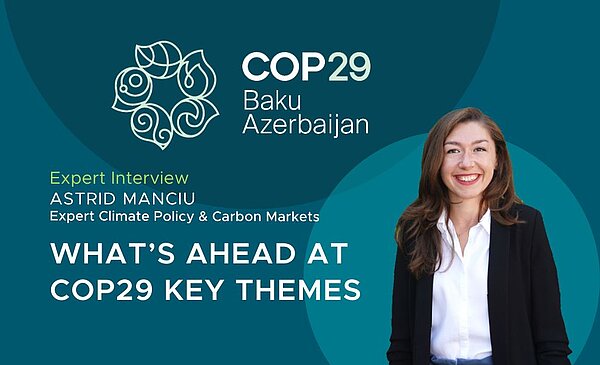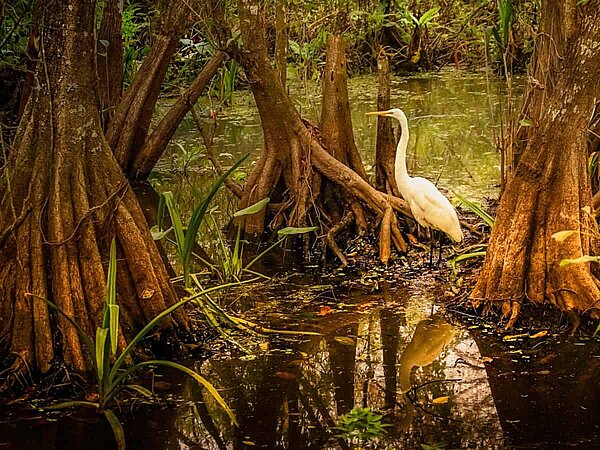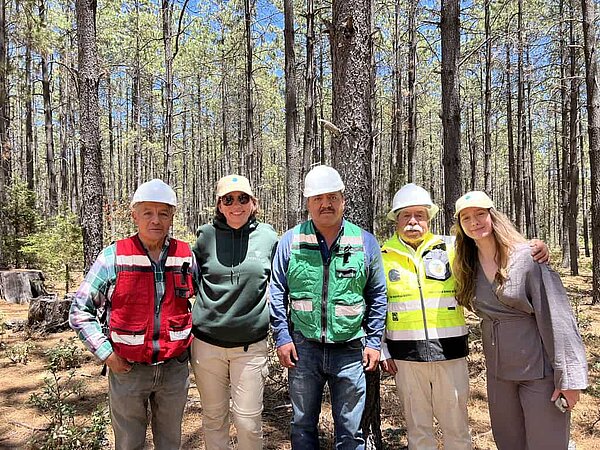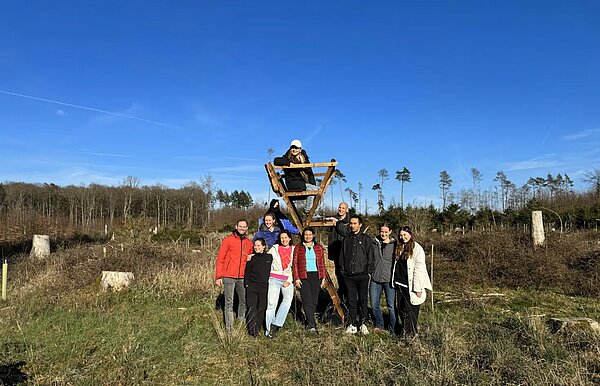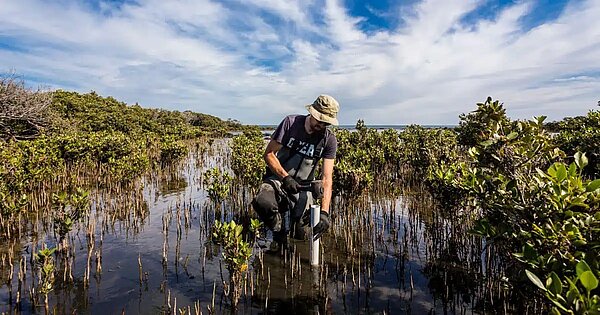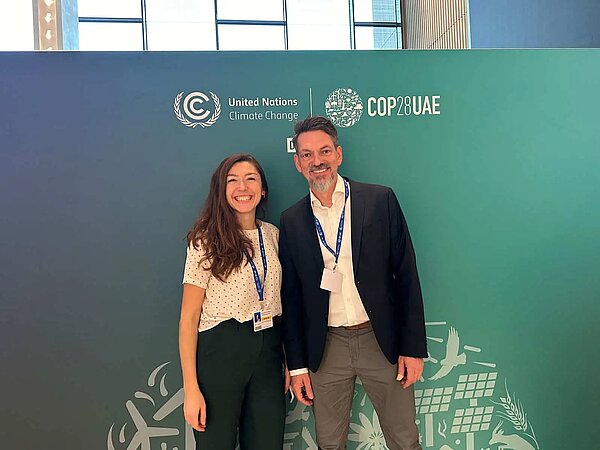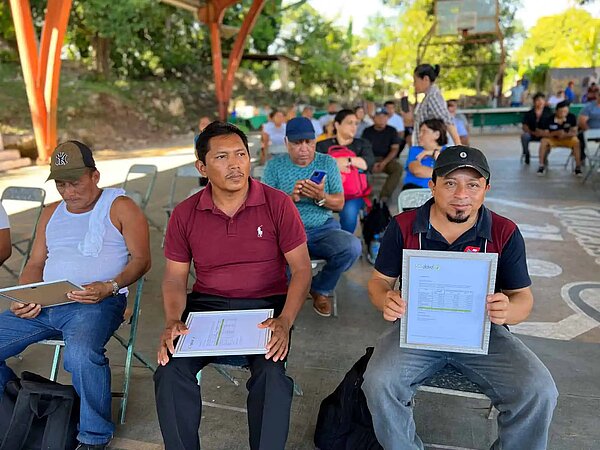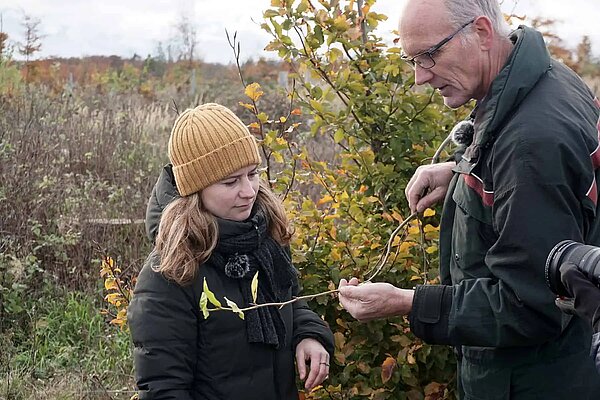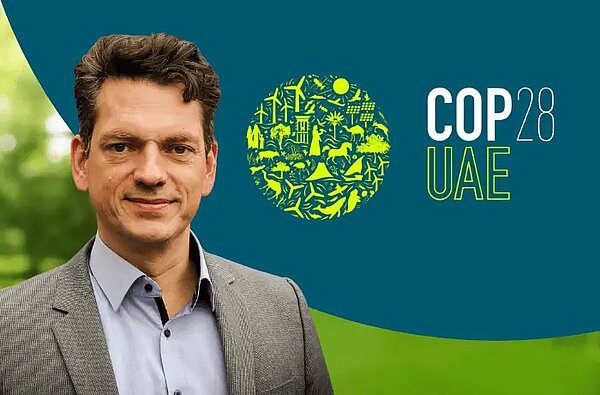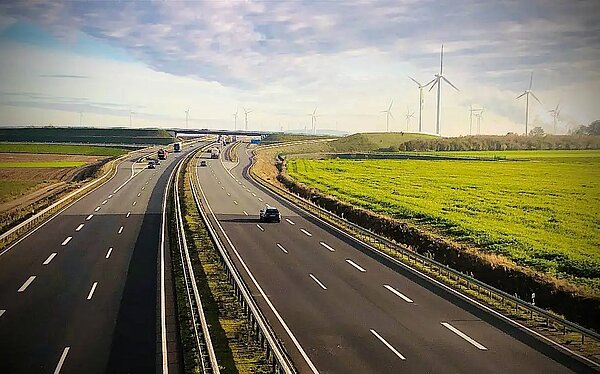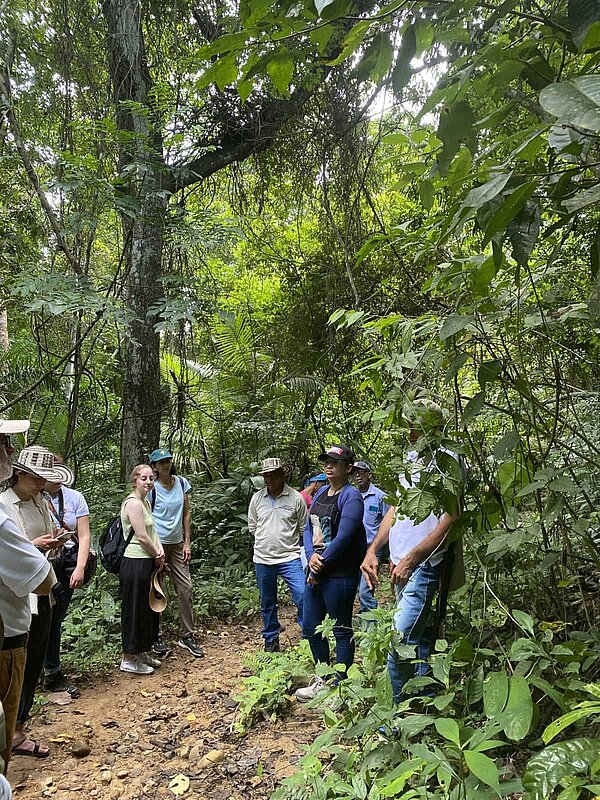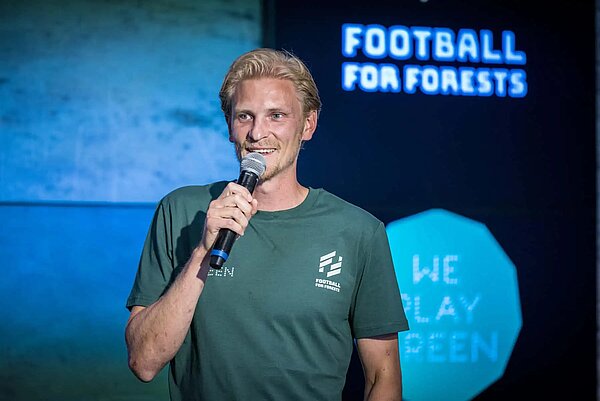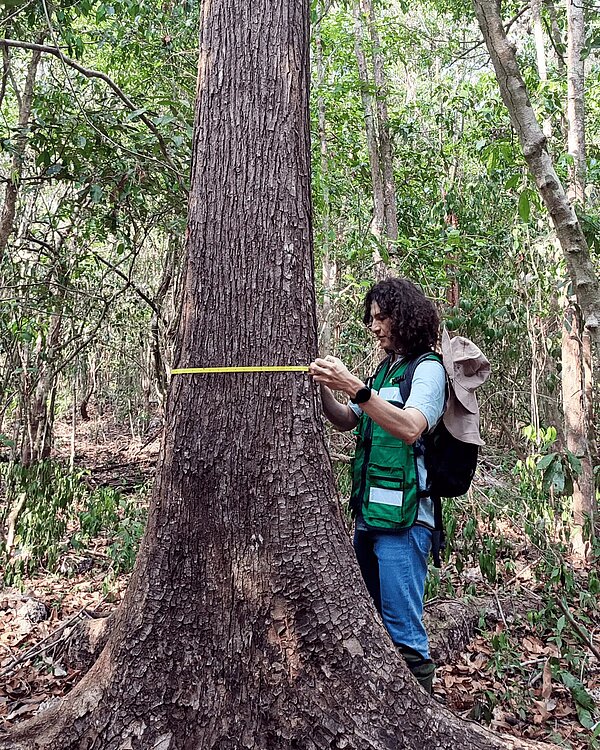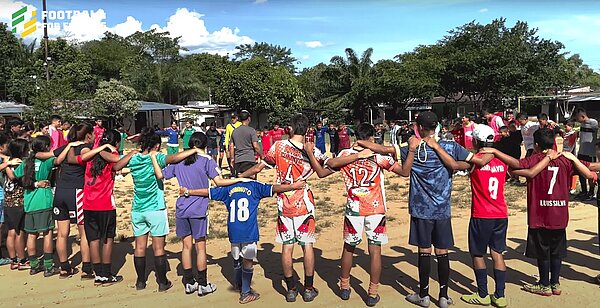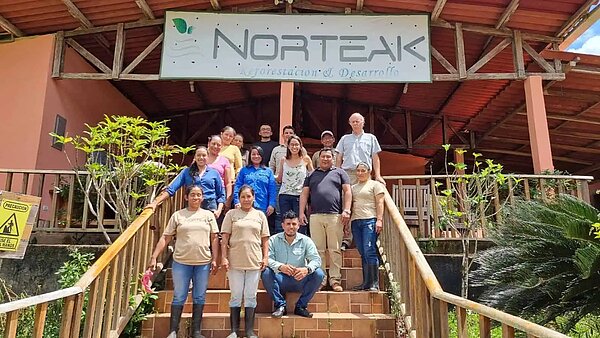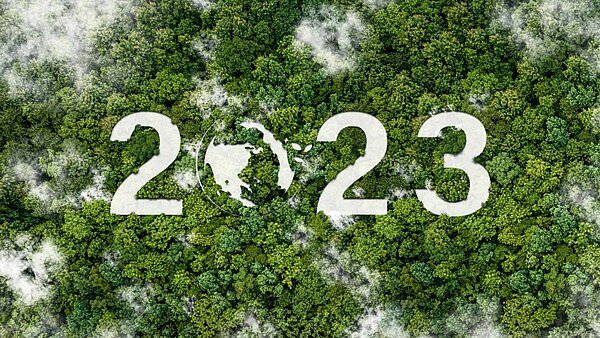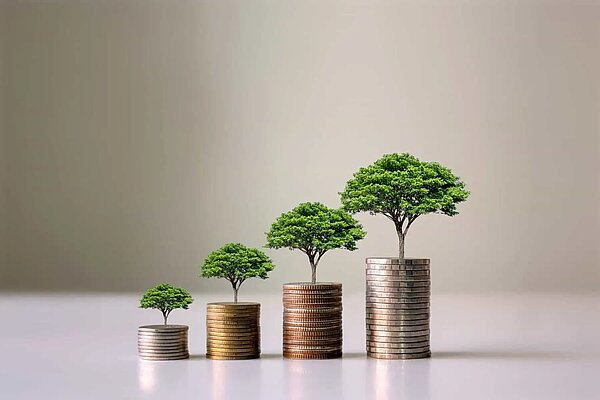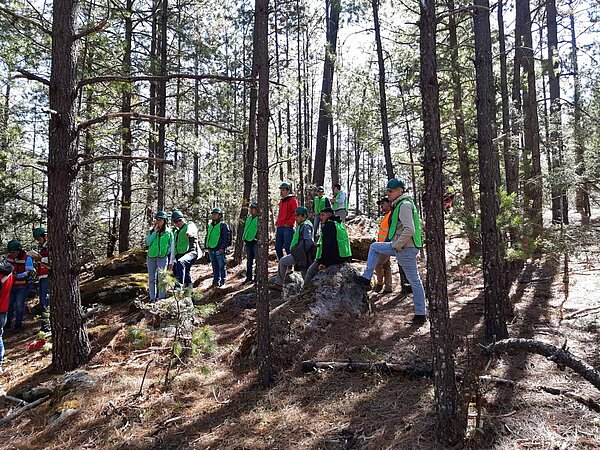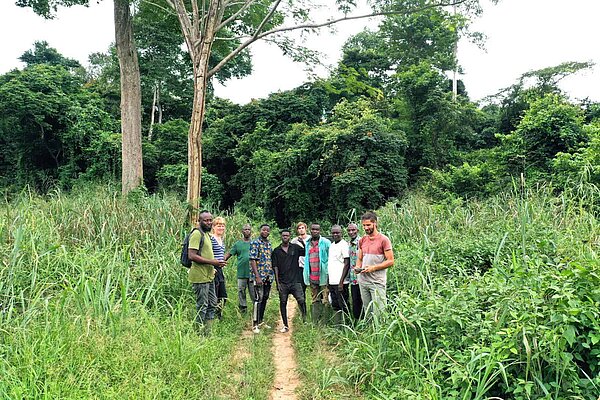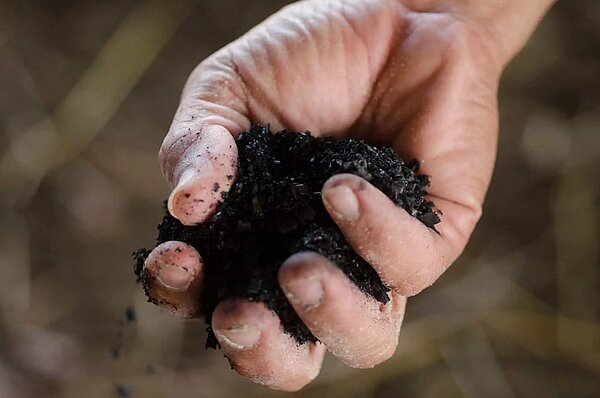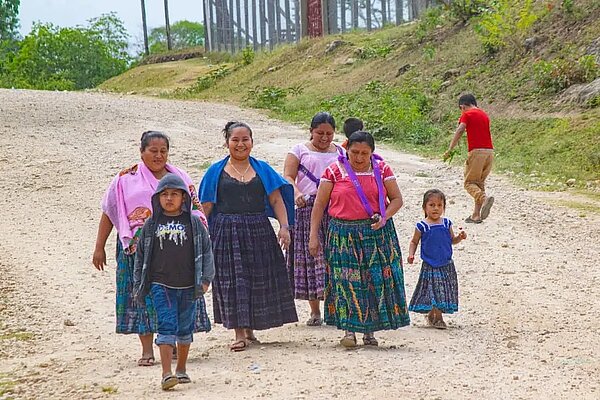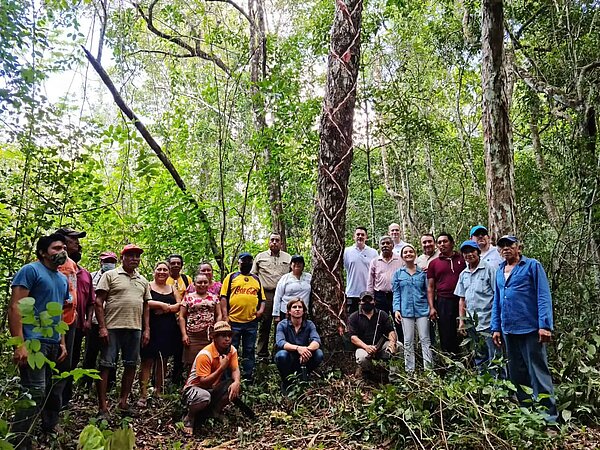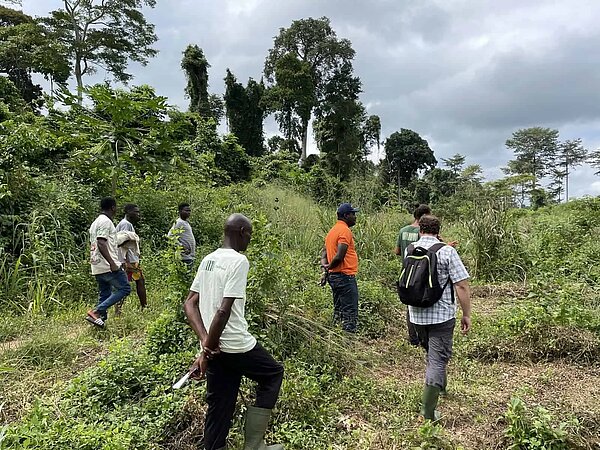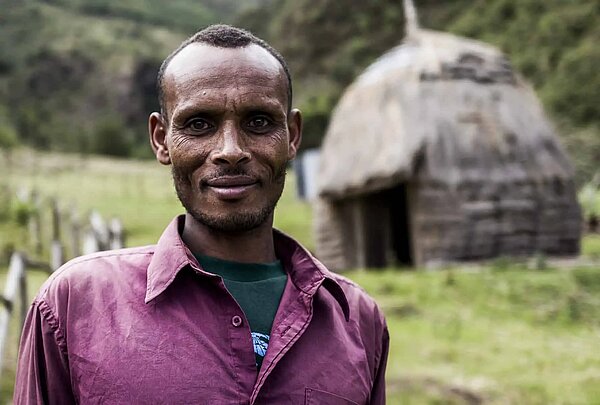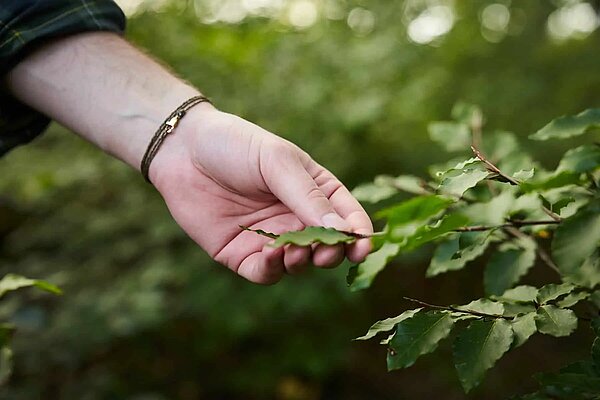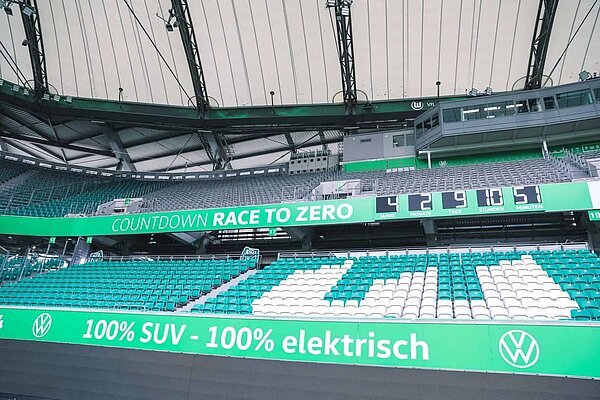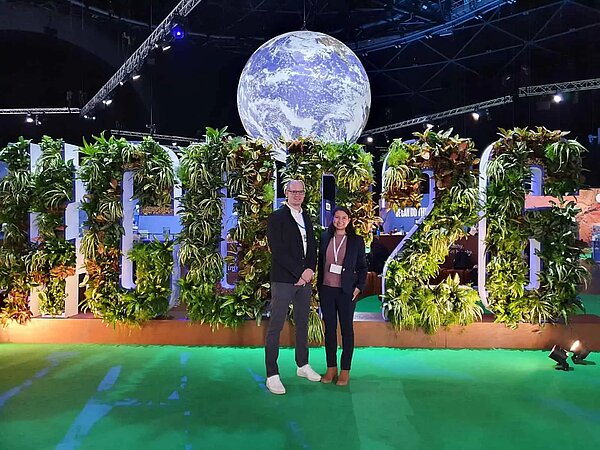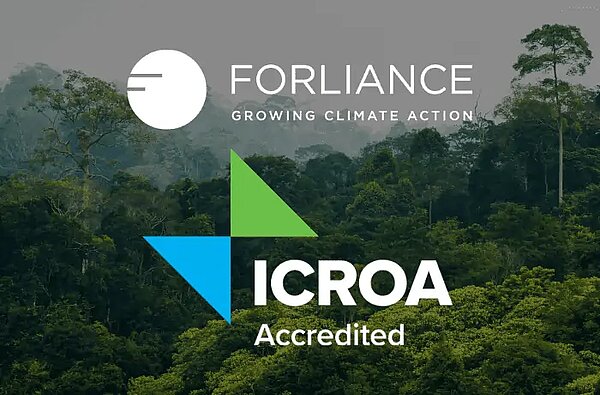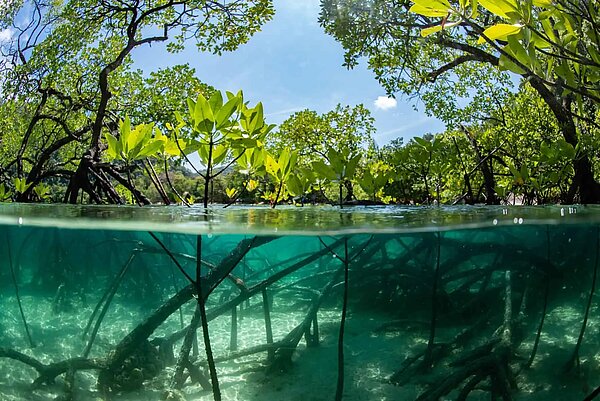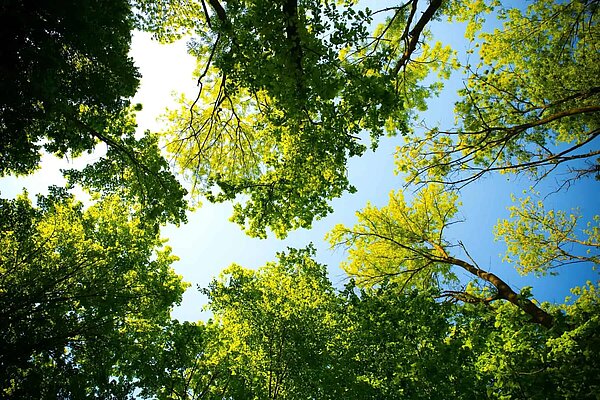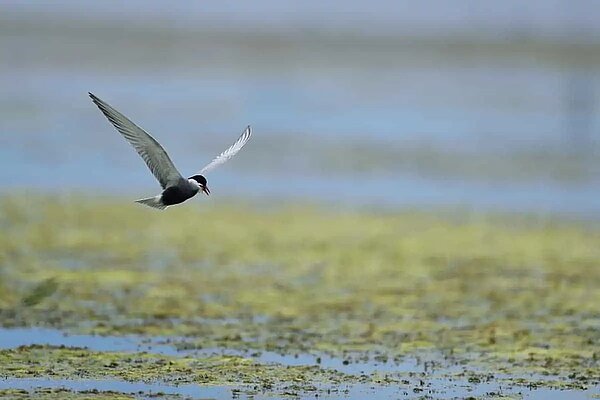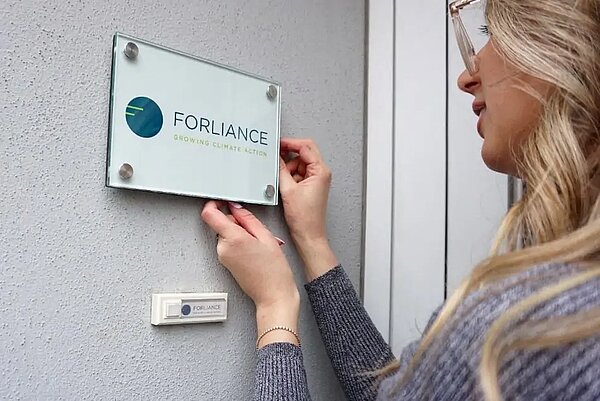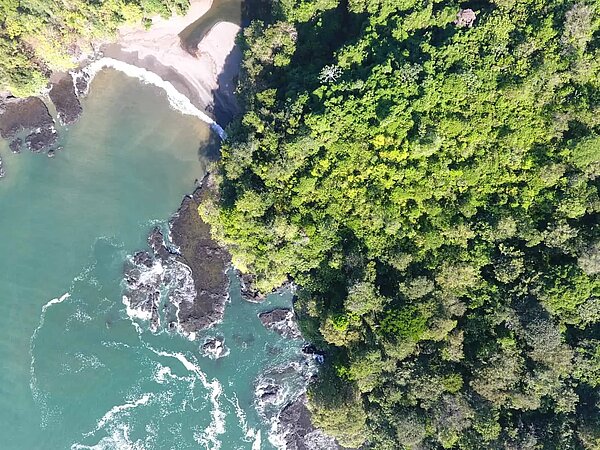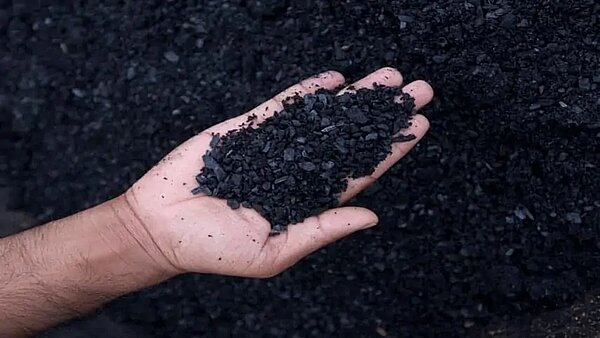Caribe y Pacífico, dos regiones unidas por el sueño y el poder de la conservación
September 22, 2022
Actualizaciones de Proyectos
En los ecosistemas terrestres, marinos y costeros del Caribe y Pacífico de Colombia, FORLIANCE, junto con cuatro socios, está preparando un innovador proyecto de conservación de la biodiversidad, con énfasis en el fortalecimiento de las cadenas de valor basadas en negocios verdes.
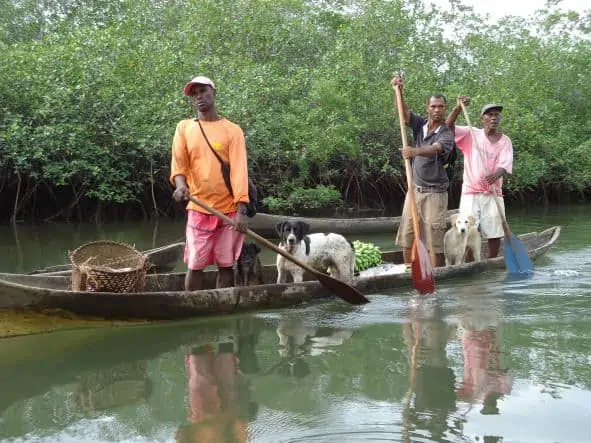
El Caribe y el Pacífico de Colombia son regiones con una riqueza ecológica, ambiental y social notable. Son bastiones que fortalecen la vida en el planeta, con el potencial de contribuir a la reducción de gases de efecto invernadero, la conservación de la biodiversidad y la mitigación del cambio climático. FORLIANCE, Patrimonio Natural, the Instituto de Investigaciones Ambientales del Pacífico (IIAP), the Instituto de Investigaciones Marinas y Costeras (Invemar) y ICCO-Conexión activaron la fase de formulación y preparación de un proyecto con visión de futuro.
Esta fase es financiada por la Iniciativa Internacional de Clima (IKI), el instrumento más importante del Ministerio Federal de Economía y Protección del Clima de Alemania (BMWK) para apoyar la acción climática internacional. A través de la IKI, el BMWK apoya estrategias en países en desarrollo y emergentes para lograr un cambio sostenible. El contraparte político en Colombia es el Ministerio de Ambiente y Desarrollo Sostenible.
El proyecto, denominado ‘Gestión sostenible y resiliente de ecosistemas estratégicos y biodiversidad en las regiones del Pacífico y Caribe de Colombia’, busca contribuir a la buena gestión y conservación de manglares, pastos marinos, bosques secos y selvas tropicales, mediante el fortalecimiento de las propias iniciativas económicas de las comunidades a través del diseño y aplicación de incentivos económicos que faciliten el desarrollo de cadenas de valor y empresas sostenibles basadas en recursos locales, entre otras estrategias.
Los proyectos se implementarán en el Caribe insular, en el Archipiélago de San Andrés, Providencia y Santa Catalina, y en el Caribe continental, en el bosque seco tropical de Montes de María. En el Pacífico, la intervención será en la Reserva de la Biosfera Pacífica Tribugá-Cupica-Baudó.
La preparación del proyecto se está llevando a cabo desde una perspectiva local, teniendo en cuenta la visión de cada región y sus habitantes. Durante agosto, se realizaron talleres internos en Quibdó, Santa Marta y Bogotá, así como talleres y reuniones con interesados en San Andrés, Chocó y Montes de María, involucrando a diversos actores de los sectores público y privado, entidades de la sociedad civil y organizaciones comunitarias, incluyendo agricultores, ciudadanos y recicladores. Este proceso de recopilación de información, fortalecimiento de redes y reconocimiento de los principales problemas nos ha permitido tener una visión cercana del territorio y conectar con las diferentes realidades para formular una estrategia innovadora en el proyecto que interprete la esencia y expectativas de cada territorio y proponga soluciones en consecuencia.
La clave será fortalecer la gobernanza territorial y las alianzas entre los diferentes interesados, creando un efecto multiplicador a largo plazo, gestión integrada de ecosistemas e iniciativas económicas comunitarias y empresariales basadas en negocios verdes. Esta fase de formulación concluirá en el último trimestre de 2022 con la presentación de la propuesta de implementación del proyecto al donante para su revisión.
En el Caribe
En Santa Marta y San Andrés se llevaron a cabo talleres y reuniones que reunieron a 60 personas para abordar el análisis territorial insular. Aquí, el enfoque estará en el Archipiélago de San Andrés, Providencia y Santa Catalina a través de Invemar como socio implementador. En San Andrés, se identificaron oportunidades preliminares en la gobernanza comunitaria de los manglares, ya que son ecosistemas en los que los raizales tejen su cultura y cosmovisión, fundamentales para la salud ecológica de la isla, y que han estado deteriorándose a una velocidad y en un estado de no retorno. La inadecuada gestión de residuos, un problema recurrente, es otra línea de trabajo que buscará articular a los gestores de recursos y a las instituciones para obtener un ciclo de gestión integrada. Además, se explorarán opciones para trabajar con el sector turístico, a través del diseño de una estrategia de sostenibilidad y acciones educativas y pedagógicas en los vínculos para crear conciencia sobre la responsabilidad de proteger los lugares que visitan.
También se realizó un recorrido de campo en los municipios de Toluviejo, Ovejas, San Juan Nepomuceno y San Jacinto de Montes de María, en los departamentos de Bolívar y Sucre, que es otra de las áreas de intervención del proyecto que gestionará Patrimonio Natural. Esta región ha sido marcada por el conflicto armado y graves problemas de orden público. El propósito del proyecto será fortalecer las iniciativas económicas sostenibles de pequeños productores y negocios mediante el fortalecimiento de sus cadenas de valor para la producción de miel, sistemas agroforestales, frijoles, palmas y biopreparaciones. En esta región también hay oportunidades para trabajar en la restauración de la conectividad de los corredores del bosque seco que se extienden a lo largo de los contornos donde viven estas comunidades agrícolas.

En el Pacífico
Los territorios seleccionados para la intervención forman parte de la Reserva de la Biosfera Pacífica Tribugá-Cupica-Baudó. Aquí, el socio implementador será el IIAP. En cuanto al apoyo a iniciativas económicas, se ha dado prioridad al coco, camarón, vainilla, pesca, gastronomía y ecoturismo, emprendimientos de negocios verdes, monitoreo de tortugas marinas y recuperación de manglares. El objetivo es crear una canasta de bienes y servicios en las comunidades para diversificar sus ingresos, de manera que la comercialización pueda abastecer el mercado interno, fortaleciendo sus propias economías, de acuerdo con la oferta y la demanda del territorio.
Esto requerirá diseñar una canasta de bienes y servicios para que la comunidad genere ingresos a partir de diversas fuentes, como el turismo ecológico y sostenible en Nuquí y Bahía Solano, la recuperación de manglares y, como se mencionó, la promoción de actividades de producción de coco, camarón y vainilla. El monitoreo de manglares y fauna (tortugas marinas y felinos) también generará ingresos para la comunidad.
ICCO-Conexión trabaja en Colombia y América Latina para ayudar a transformar las realidades de diferentes comunidades que subsisten de la biodiversidad de sus tierras y mares y mitigar los impactos del cambio climático. Esta motivación ha llevado a las entidades del consorcio, cuatro nacionales y una internacional, a unirse y adaptar sus capacidades técnicas, humanas y científicas bajo un objetivo común: contribuir a la buena gestión y conservación de manglares, pastos marinos, bosques secos y selvas tropicales en el Pacífico y Caribe colombiano.
¿Necesitas apoyo con tu proyecto de protección climática? Aprovecha la amplia red de expertos, experiencia técnica y soluciones de pago anticipado de FORLIANCE. ¡Conectemos!
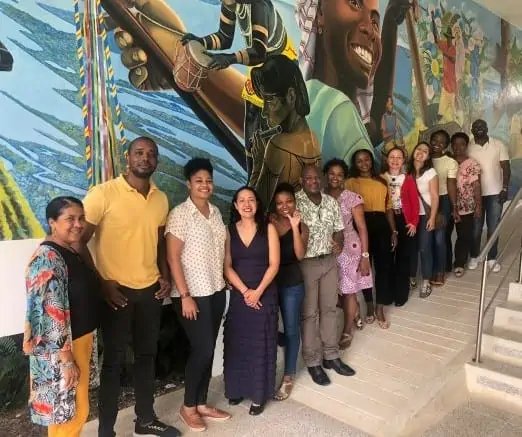
El taller con el IIAP, en el que participaron unas 17 personas, se llevó a cabo en Quibdó.

